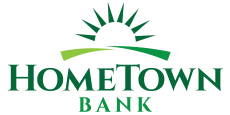At HomeTown Bank, we care about your financial well-being and want to empower you to recognize and avoid scams that could threaten your finances and personal information. Scammers are becoming increasingly sophisticated, but with a bit of knowledge and vigilance, you can keep yourself and your loved ones safe. Below, we outline some of the most common scams and share tips for staying protected.
Romance Scams
- Warning Sign: Unexpected messages from someone showing romantic interest.
- What You Should Know: Romance scammers often target people on social media or dating websites, building a connection before eventually asking for money.
- Our Tip: If someone you don’t know well requests financial help, pause and reassess. Avoid sending money or personal information.
IRS Imposter Scams
- Warning Sign: A call claiming you owe money to the IRS, often with threats of arrest or deportation.
- What You Should Know: The IRS will never call to demand immediate payment or ask for personal financial information over the phone.
- Our Tip: If you receive a threatening IRS call, hang up. You can verify the IRS’s legitimacy by contacting them directly through official channels.
Job Scams
- Warning Sign: A job offer that requires payment upfront.
- What You Should Know: Real job opportunities won’t require you to pay for employment. Be cautious of jobs that promise high pay for minimal work or require you to pay for training or certifications.
- Our Tip: Research the company name online alongside terms like “scam” or “review” to check its legitimacy.
Grandkid Scams
- Warning Sign: A call from a family member urgently asking for money.
- What You Should Know: Scammers can impersonate family members, asking for money due to an emergency.
- Our Tip: Verify any unexpected family requests by calling them directly. If in doubt, contact another family member to confirm.
“You’ve Won” Scams
- Warning Sign: Notification of a lottery or prize win that requires payment to claim.
- What You Should Know: Scammers use fake prize winnings to obtain your credit card or bank account information.
- Our Tip: Remember, if it sounds too good to be true, it probably is. Avoid providing financial information to claim a prize.
Health Care Scams
- Warning Sign: Calls or emails claiming your health insurance requires “updating.”
- What You Should Know: Health care scammers might try to gather sensitive information like Medicare or insurance numbers.
- Our Tip: Contact your provider directly if you receive suspicious requests for information.
Phishing
- Warning Sign: Emails asking you to click a link or open an attachment.
- What You Should Know: Phishing emails are often designed to steal sensitive data like login credentials.
- Our Tip: Avoid clicking on links or opening attachments from unknown senders. Report phishing emails to [email protected].
Vishing (Voice Phishing)
- Warning Sign: Calls asking for personal or financial information.
- What You Should Know: Vishing involves scammers making phone calls or robocalls to obtain sensitive information.
- Our Tip: Hang up immediately if you’re asked to share sensitive information over the phone, and avoid returning suspicious calls.
Identity Theft
- Warning Sign: Unauthorized charges or new accounts on your credit report.
- What You Should Know: Identity theft occurs when someone uses your personal information without permission.
- Our Tip: Regularly review your credit report and report any unfamiliar transactions. Visit IdentityTheft.gov to report identity theft incidents.
Stay Protected with HomeTown Bank
At HomeTown Bank, we are here to support you and keep your financial information safe. By understanding these scams and taking preventative steps, you can safeguard your information. For more tips or if you suspect fraud, reach out to your local HomeTown Bank.







